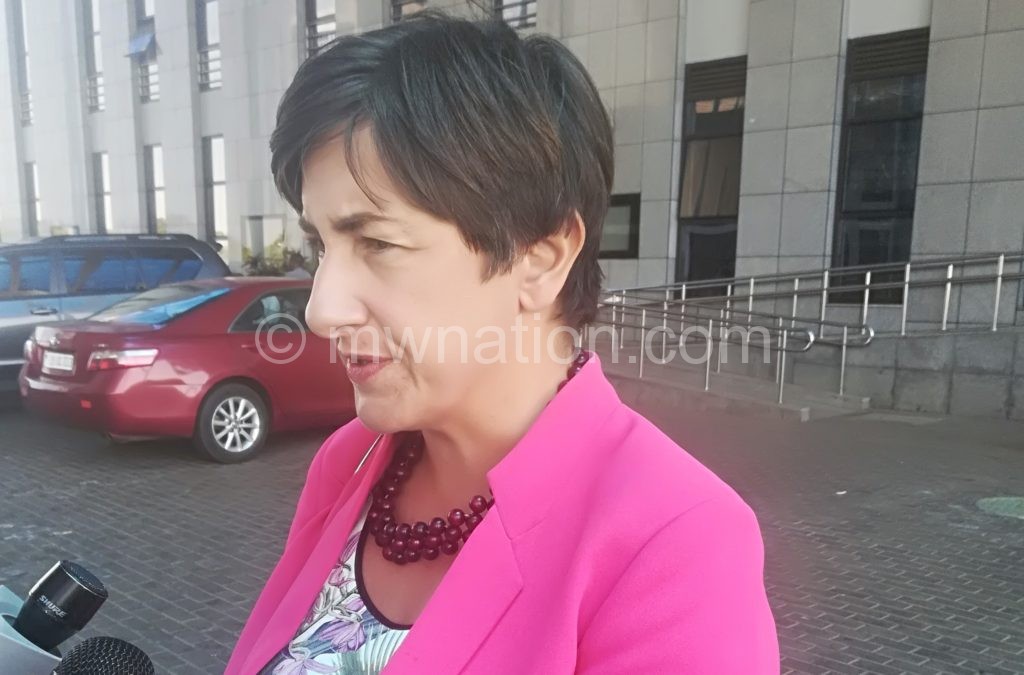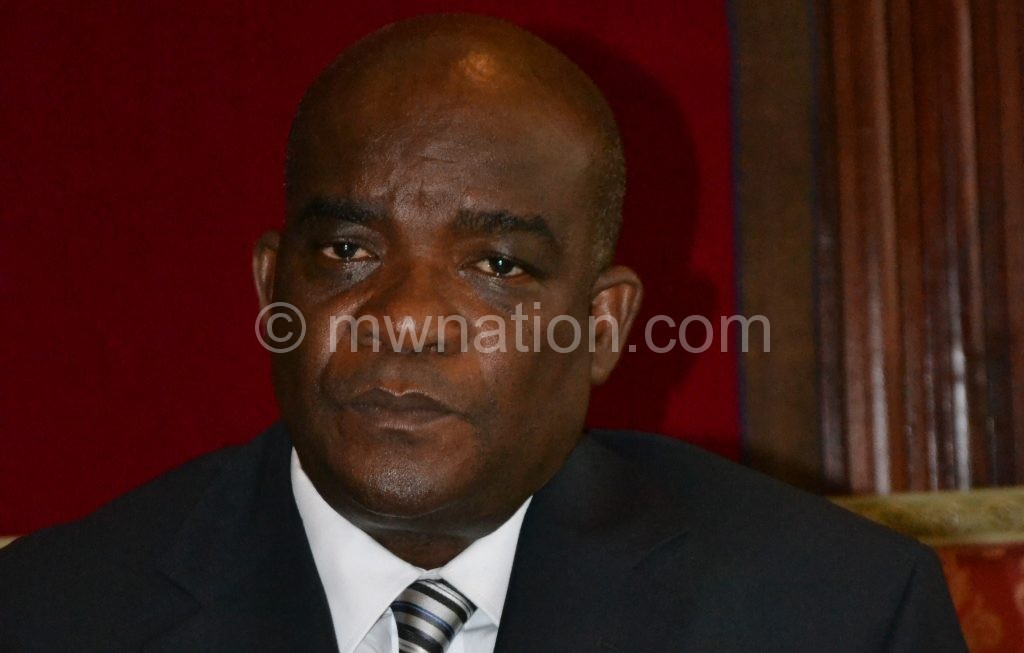Graft perception worries EU
The European Union has expressed worry that the country’s perception on corruption has worsened over the years despite existing good anti-corruption policies.
EU Ambassador Sandra Paesen made the remarks at a high level corruption prevention forum which the Anti-Corruption Bureau (ACB) organised with controlling officers in government ministries, departments and agencies (MDAs) in Lilongwe on Tuesday.

The EU’s concern follow calls by civil society organisations (CSOs) for government to act on growing corrupt tendencies in the public sector.
In her opening speech at the forum, Paesen said since 2011, the country’s public perception has remained negative as many people believe they have no role to play in rooting out corruption.
She said: “Sadly, I have seen that corruption and transparency indices for Malawi do not seem to be going in the right direction. The number of respondents who see corruption as the most problematic factor with regards to doing business in Malawi has steadily increased from 6.4 percent in 2011 to 19.7percent in 2017/2018.”
The ambassador also noted that the a corruption perception study found that the overall level of transparency and accountability drastically declined from 59 percent in 2013 to 42 percent in 2017, a development which she said shows that Malawi still has to do more in the fight against corruption.

Paesen emphasised the need for controlling officers to give punitive sanctions for those involved in corruption in their respective departments.
Chief Secretary to the Office of the President and Cabinet (OPC) Lloyd Muhara acknowledged in an interview on Tuesday that corruption is still an issue that needs concerted effort to alleviate.
He said government is currently revamping Institutional Integrity Committees (IICs) in MDAs and has shown commitment by directing controlling officers to apportion at least one percent of their budget allocations towards fighting corruption at institutional level.
Said Muhara: “When people follow the internal controls in the way it is supposed to be followed, then we will see that corruption is reduced in government.”
In his comment, ACB director general Reyneck Matemba acknowledged that the bureau is having many challenges in fighting corruption in government institutions.
He said: “One of those challenges relates to corruption in district councils. It is not that we are not doing anything about it. You might have noted that for the past months, we have intensified investigations and there are a number of cases reported.”
Matemba clarified that councils were a target because they receive large amounts of funding due to decentralisation and this has increased incidences of corruption.
According to the perception index survey, the Malawi Police Service (MPS) and the Judiciary are the most corrupt institutions in the country.
Recently, CSOs petitioned President Peter Mutharika over a corruption scandal where it is alleged that he benefited from the K2.8 billion Malawi Police Service ration scam with a K145 million kickback, a claim he has denied.





